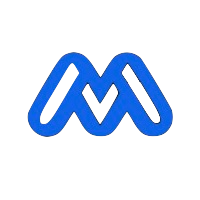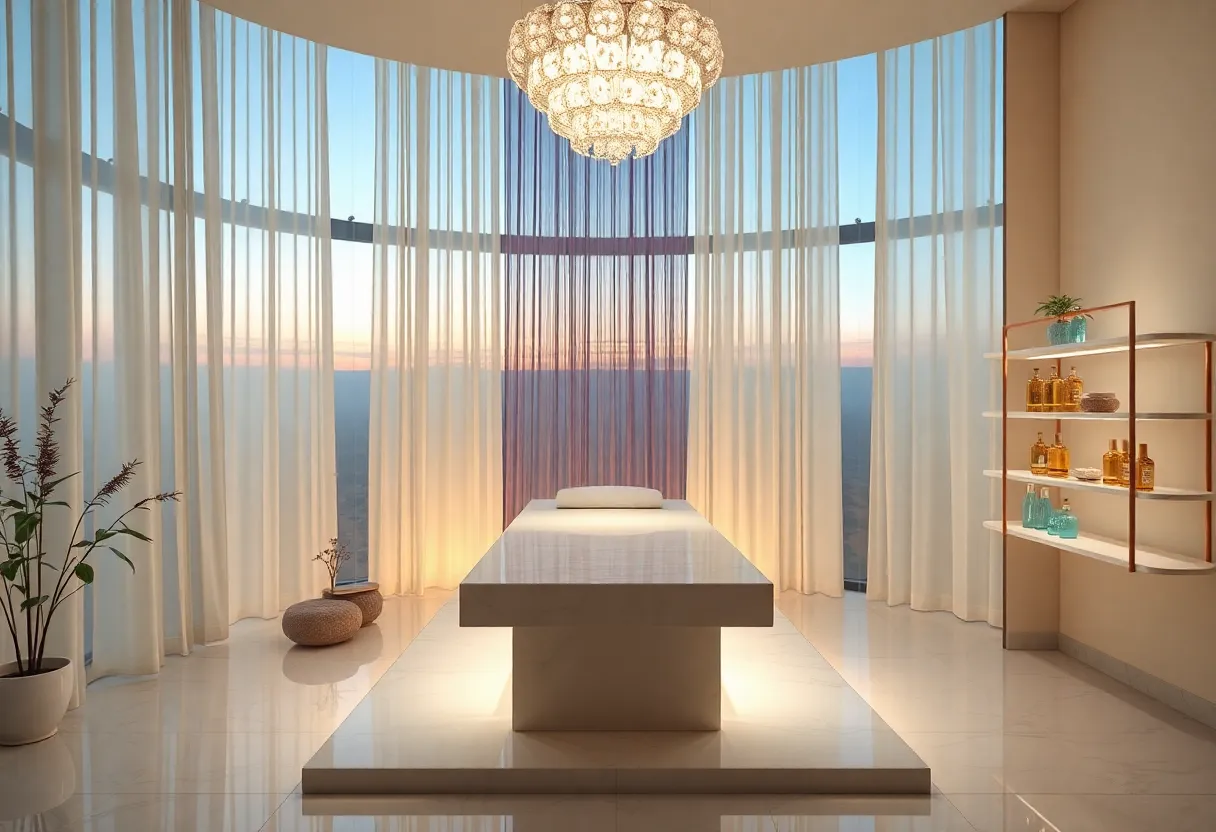Cost Management in Medical Spas through Pay Per Call Services

Table of Contents
- Cost Challenges in Medical Spas
- Understanding Pay Per Call Services
- Benefits for Medical Spas
- Implementing Pay Per Call Services
- Case Study: Success with Pay Per Call
- Choosing the Right Provider
- Wrap-up
- FAQ
Cost Challenges in Medical Spas
Medical spas lose an average of $75,000 annually due to missed calls and appointments. This startling statistic highlights the critical need for efficient cost management in the competitive medspa industry. As these businesses strive to offer cutting-edge treatments and maintain a luxurious atmosphere, controlling operational expenses becomes paramount.
One of the most significant challenges medical spas face is managing staffing costs while ensuring round-the-clock availability for client inquiries and bookings. Traditional solutions often involve hiring additional receptionists or outsourcing to call centers, both of which can strain budgets without guaranteeing optimal results.
Understanding Pay Per Call Services
Enter the concept of pay per call receptionist service medical spa solutions. This innovative approach allows medical spas to manage their client communications more effectively while keeping costs under control. But what exactly is a pay per call service?
Pay per call services operate on a simple premise: businesses only pay for the calls handled by the service. This model contrasts sharply with traditional receptionist services or call centers that charge flat monthly fees regardless of call volume. For medical spas, this can translate to significant cost savings, especially during slower periods.
Key Features of Pay Per Call Services:
- 24/7 availability
- Customized call handling
- Appointment scheduling
- Integration with existing systems
- Scalability based on call volume
Benefits for Medical Spas
Implementing a pay per call service can offer numerous advantages for medical spas looking to streamline their operations and improve customer service:
1. Cost Efficiency: By only paying for the calls handled, medical spas can significantly reduce their receptionist costs, especially during off-peak hours.
2. Improved Customer Service: With 24/7 availability, clients can always reach a professional representative, enhancing satisfaction and potentially increasing bookings.
3. Focus on Core Services: By outsourcing call handling, staff can concentrate on providing high-quality treatments and in-person customer care.
Comparative Cost Analysis
| Service Type | Monthly Cost | Cost per Call |
|---|---|---|
| Full-time Receptionist | $3,500 | N/A |
| Traditional Call Center | $2,000 | $5-$10 |
| Pay Per Call Service | Variable | $1-$3 |
Implementing Pay Per Call Services
Transitioning to a pay per call service requires careful planning and execution. Here are some steps medical spas can take to ensure a smooth implementation:
1. Assess Current Call Volume: Analyze your call patterns to determine peak hours and typical inquiry types.
2. Choose the Right Provider: Look for a service that specializes in medical spa communications, such as the 24/7 MedSpa Receptionist offered at https://medspareceptionist.com.
3. Customize Scripts and Protocols: Work with your chosen provider to develop call handling procedures that align with your brand and service offerings.
4. Train Your Staff: Ensure your in-house team understands how to work alongside the pay per call service for seamless client experiences.
5. Monitor and Adjust: Regularly review call data and customer feedback to optimize the service's performance.
Case Study: Success with Pay Per Call
Consider the experience of Glow MedSpa, a mid-sized establishment in a competitive urban market. After implementing a pay per call service, they observed the following results over six months:
| Metric | Before | After | Change |
|---|---|---|---|
| Monthly Missed Calls | 120 | 5 | -96% |
| New Appointments | 85 | 142 | +67% |
| Customer Satisfaction | 78% | 94% | +16% |
Choosing the Right Provider
When selecting a pay per call service for your medical spa, consider the following factors:
Essential Features to Look For:
- Industry-specific knowledge
- CRM integration capabilities
- Customizable scripts
- Transparent pricing
- Quality assurance measures
One solution that meets these criteria is the 24/7 MedSpa Receptionist. This AI-powered system is specifically designed for medical spas, offering seamless CRM integration and customizable protocols. You can learn more about its features at https://medspareceptionist.com.
Wrap-up
Pay per call services offer a compelling solution for medical spas looking to manage costs while improving customer service. By providing 24/7 availability, customized call handling, and scalable pricing, these services can help medical spas focus on what they do best – delivering exceptional treatments and experiences to their clients.
As the industry continues to evolve, embracing innovative solutions like pay per call services may well become a key differentiator for successful medical spas. By carefully selecting and implementing the right service, medical spas can position themselves for growth and success in an increasingly competitive market.
FAQ
Q: How much can a medical spa save with a pay per call service?
A: Savings can vary, but many medical spas report reducing receptionist costs by 30-50% while improving call handling efficiency.
Q: Will clients notice a difference when calls are handled by a pay per call service?
A: With a quality service, clients often report improved experiences due to 24/7 availability and consistent, professional handling of inquiries.
Q: Can pay per call services handle complex medical inquiries?
A: While these services can handle most general inquiries and bookings, they typically have protocols to escalate complex medical questions to qualified staff members.
Q: How quickly can a pay per call service be implemented?
A: Implementation timelines vary, but many medical spas can be up and running with a new service within 2-4 weeks, including customization and training periods.
| Implementation Step | Typical Timeline |
|---|---|
| Initial Setup | 1-3 days |
| Script Customization | 3-5 days |
| Staff Training | 1-2 weeks |
| Testing and Refinement | 1 week |




